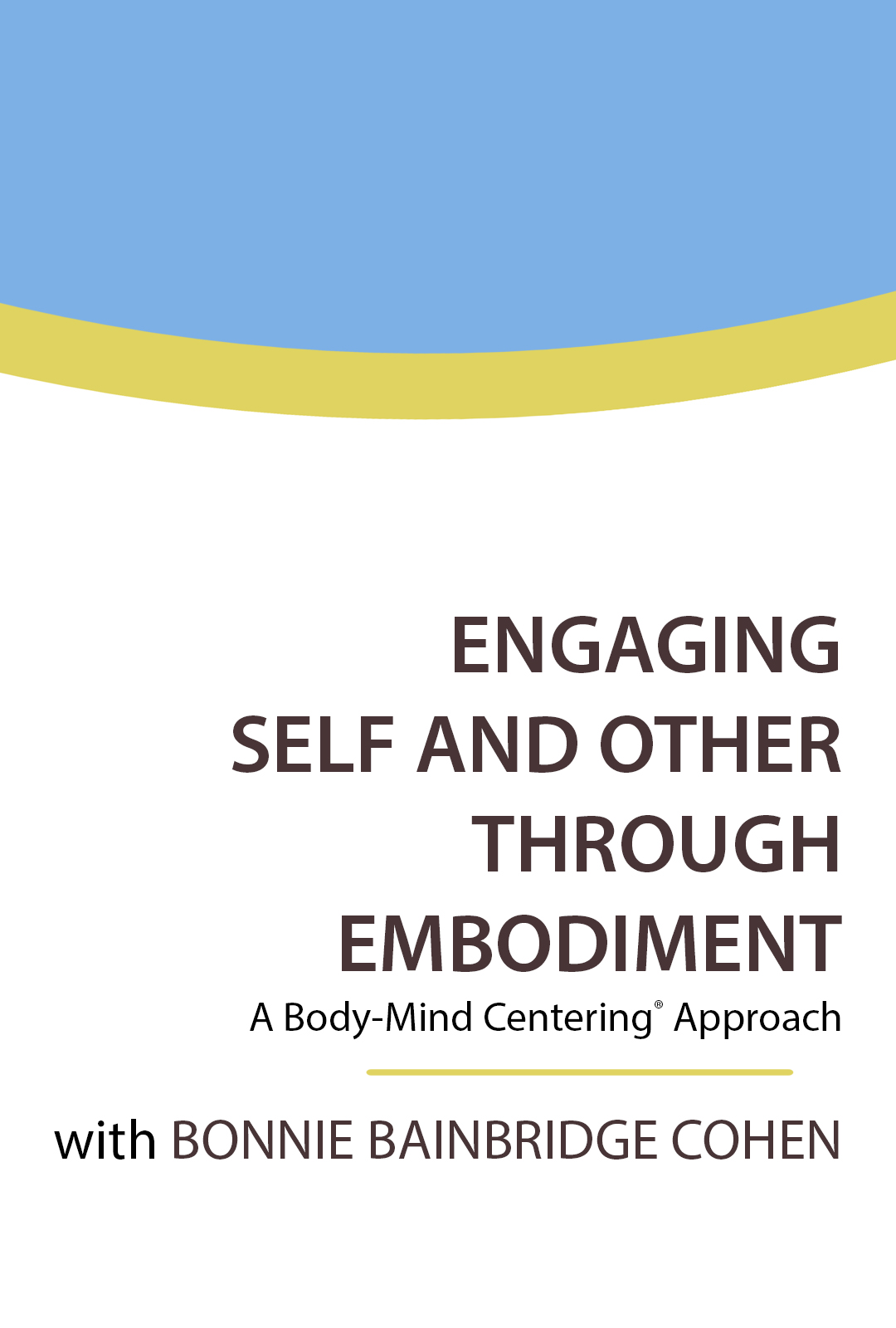Who am I?
Who are You?
Who are We?
Who are They?
How do we Know?
Consciously and unconsciously, these questions underlie our journey through life. How do self and other arise? How do we embody them authentically?
The self is not a singular entity but a unified entity. The sense of I develops through a multiplicity of internal and external relationships. The path of this development begins when we are an embryo. Some key aspects we explore are:
- Embryological origins of self. The relationship of two and one. Our I originated with two, the egg and sperm, at the moment they began their dance of union.
- Differentiating into self and other. As a ball of cells, we begin to differentiate some tissues became I and some became the supporting structures of I.
- The relationship of three and one. We differentiated into three layers – back body, front body, and middle body – each giving rise to distinct tissues and organ systems.
- Creating self-protection and self-nourishment. Our back body gave rise to the amniotic cavity, the protective ocean surrounding us in which we swam. The front body gave rise to the yolk sac, our primordial source of nourishment.
- Relationship to the mother. Our first 10 moons were lived in our mother’s oceanic womb. Her lungs were the gateway to the external environment for our breathing.
The dance of separation and integration:
- Entering the outer world. At birth, we emerged from the cloistered ocean into the expansive, panoramic contrasts of the outer world. During the first moments, our lungs breathed in our first taste of air.
- Bonding. Against the breast of our mother or the heart of another, we drank the milk of nourishment.
- The dance of separation and integration. During the following months, we engaged with the power of gravity and the expanding and condensing nature of space. Gradually, we gained the ability to separate our Self from Other, to explore, and then to return back to the Oneness with Other.
- Weaving the fabric of Being. With baby steps, we experienced the interweaving of Me, You, Us, and Them. Imprinted in I is Other; Other encompasses the existence of I.
How do we embody this tapestry of Being? The shaping of self and other is complex, but as we explore their development, we can find simplicity through the act of being in relationship.
Our patterns of self and other are layered into landscapes, changing each moment, while maintaining a sense of continuity and longevity.
Our tissues and organs provide the essential components of the patterns from which we weave our personal stories. These stories are then recorded by and stored in the templates of our nervous system.
As we embody our developmental patterns of perception, we gain understanding of their relevance and importance in past experiences. We also gain awareness of and insight into releasing those aspects that are no longer necessary for our realization of self and other in this time.
We become freer to discover deeper compassion, wisdom, and ease. In addition to manifesting in our daily lives, these processes have important relationships and applications to education, therapy, community, and the arts.
In this video, we use movement, touch, consciousness, and dialogue to explore basic embryological, developmental, anatomical, perceptual, and psychophysical processes stored in our tissues and nervous system as they relate to our experience of self and other.
This video is for people with experience in: approaches related to movement, mindfulness, and behavior somatic movement education and therapy somatic psychology yoga, dance, and other movement practices occupational, physical, dance, movement, and speech therapy infant, childhood, and teen education.
No prior experience with the Body-Mind Centering® approach is necessary. Some experience with movement, the body, or consciousness is helpful. Come with curiosity and a sense of inquiry about the development of self in relation to other.
This video was filmed during a 4-day workshop Bonnie taught in Berkeley, California March 2 – 5, 2019.
This video is only available in streaming format.
11 hours 53 minutes with English Subtitles

